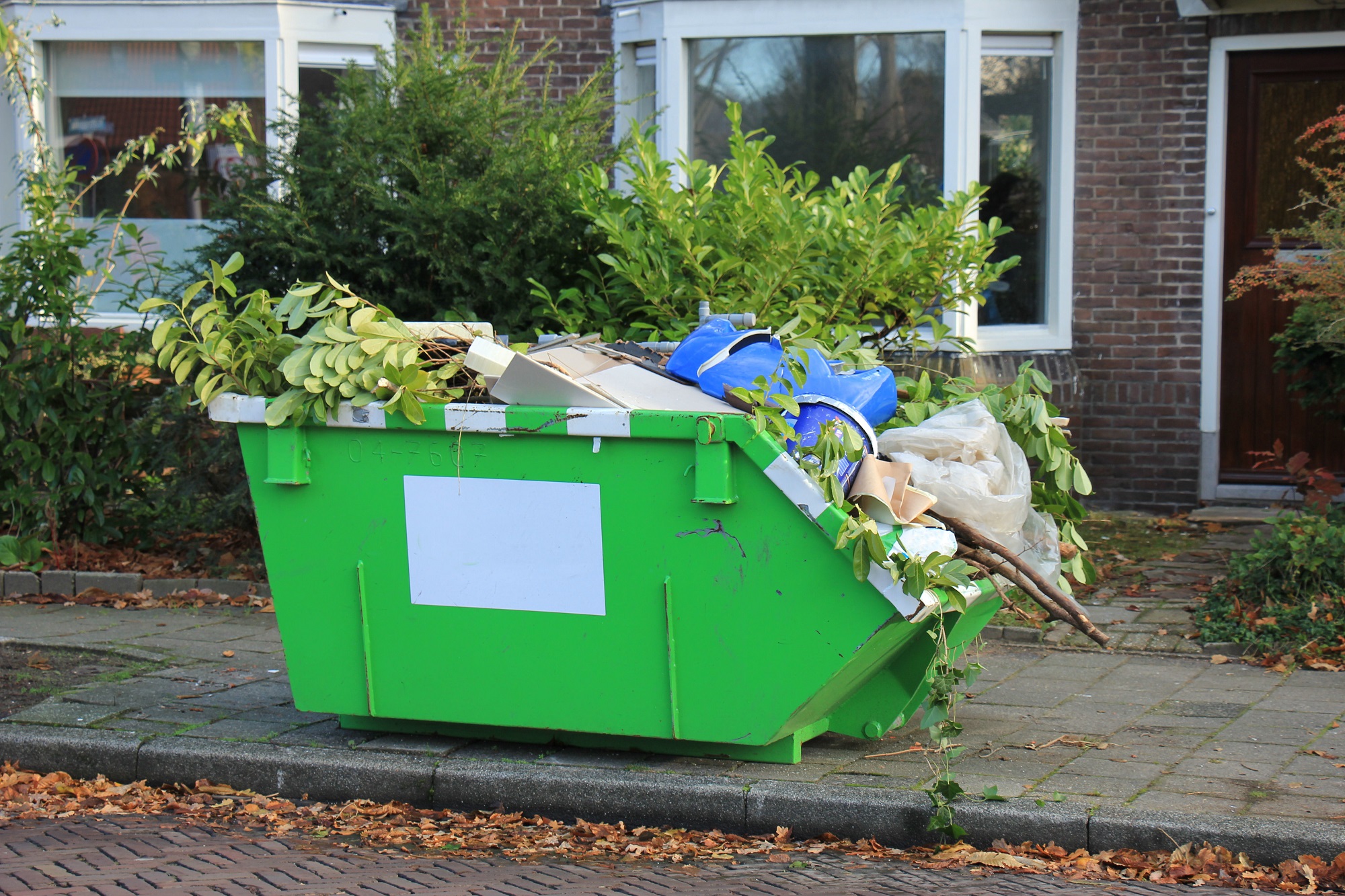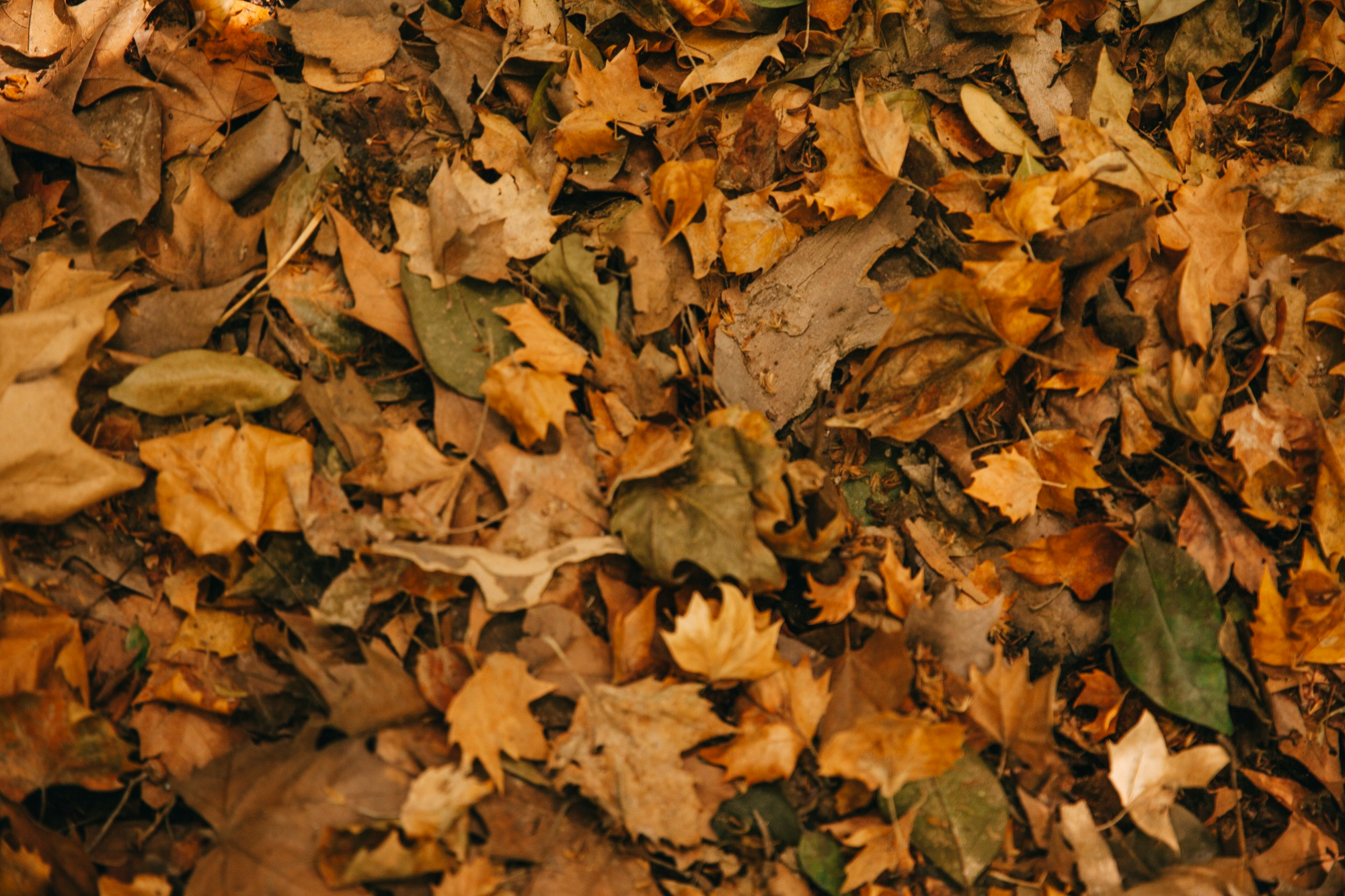If you're an avid gardener or just starting to dip your toes into the world of gardening, you'll quickly realize that with great plants comes great responsibility—and a whole lot of garden waste! Whether it's fallen leaves, grass clippings, or tree branches, managing garden waste can be a bit overwhelming. But fear not! Garden waste removal services are here to save the day. Let's explore the different options available and help you choose the right one for your needs.
Why You Need Garden Waste Removal
Before we dive into the various services, let's talk about why garden waste removal is so important. Accumulated waste can not only make your garden look untidy but can also harbor pests and diseases. Properly disposing garden waste ensures your garden remains healthy and beautiful.
Different Garden Waste Removal Options
1. Curbside Collection
Many local councils offer curbside collection services for garden waste. This option is great if you have a regular gardening routine and a manageable amount of waste each week. Simply place your garden waste in the designated bin, and it will be collected on scheduled days.
Pros:
- Regular and reliable service
- Cost-effective for small to medium amounts of waste
- Environmentally friendly, as waste is often composted
Cons:
- Limited capacity
- Restricted to specific types of waste
2. Private Garden Waste Removal Companies
If you have a large project or need more flexible scheduling, hiring a private garden waste removal company might be the way to go. These companies offer tailored services, including one-time pickups or regular visits, depending on your needs.
Pros:
- Flexible scheduling
- Handles large volumes of waste
- Professional service
Cons:
- Can be more expensive
- Requires research to find a reliable provider
3. Skip Bins

Skip bins are a popular choice for many gardeners due to their convenience and capacity. These large, open-topped containers can be delivered right to your property, allowing you to fill them at your own pace. Once you're done, the company will pick up the bin and dispose of the waste for you. Skip bins are ideal for larger projects or when you have a significant amount of waste to get rid of.
Pros:
- Large capacity
- Convenient drop-off and pick-up
- Suitable for various types of waste
Cons:
- Can be costly for smaller projects
- Requires space for placement
4. DIY Disposal
If you're up for the task, you can always handle garden waste removal yourself. This might involve taking your waste to a local recycling center or composting it in your backyard. DIY disposal is best suited for those with smaller gardens or those looking to reduce costs.
Pros:
- Cost-effective
- Environmentally friendly
- Gives you control over disposal methods
Cons:
- Time-consuming
- Requires transportation
How to Choose the Right Option
When deciding on the best garden waste removal service, consider the following factors:
- Volume of Waste: How much waste do you generate? Larger volumes may require skip bins or private companies.
- Frequency: Do you need regular removal, or is it a one-time project?
- Budget: What are you willing to spend? Consider the cost of each option and your budget constraints.
- Environmental Impact: Are you looking for environmentally friendly disposal methods?
Environmental Benefits of Proper Garden Waste Disposal
Beyond keeping your garden looking neat and tidy, proper disposal of garden waste has significant environmental benefits. Here’s how you can make a positive impact:
1. Reducing Landfill Waste
Garden waste that ends up in landfills contributes to the growing problem of space shortage and releases methane, a potent greenhouse gas, as it decomposes. By using proper disposal methods like composting or utilizing green waste collection services, you help reduce the amount of waste going to landfills.
2. Promoting Soil Health
When garden waste is composted, it breaks down into nutrient-rich organic matter that can be used to enrich garden soil. This process enhances soil structure, improves moisture retention, and provides essential nutrients to plants, promoting healthier growth without the need for chemical fertilizers.
3. Supporting Biodiversity
Properly disposing of garden waste helps maintain biodiversity in your garden. Piles of rotting waste can attract pests and diseases, which may harm beneficial insects and plants. By keeping your garden waste under control, you create a healthier habitat for pollinators and other wildlife.
4. Reducing Pollution
Burning garden waste releases pollutants into the air, affecting air quality and contributing to respiratory issues. Opting for proper disposal methods, such as green waste recycling, reduces the need for burning and minimizes air pollution.
5. Conserving Natural Resources
Recycling garden waste helps conserve natural resources by reducing the demand for new raw materials. Composting and recycling turn waste into valuable resources, supporting a more sustainable cycle of growth and reuse.
Final Thoughts
Garden waste removal doesn't have to be a daunting task. With various options available, you can find a service that suits your needs and keeps your garden looking its best. Whether you opt for the convenience of skip bins, the reliability of curbside collection, or the flexibility of private companies, you'll be one step closer to maintaining a tidy and thriving garden. Happy gardening!
